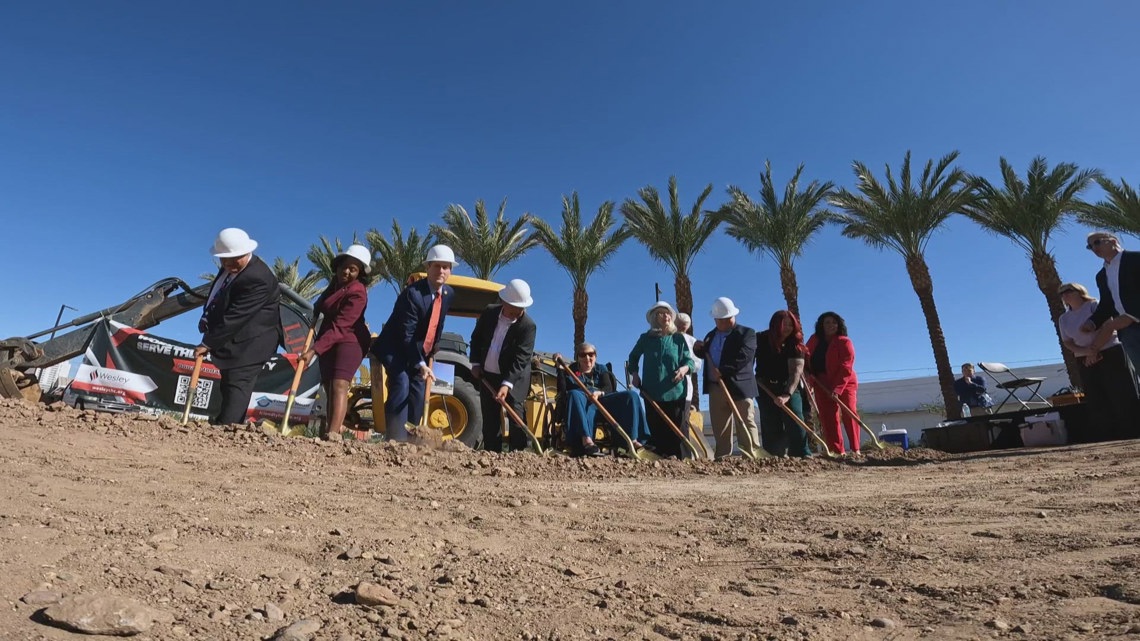Nashville’s ambition to become a global hub for health innovation was on full display Wednesday at Beyond Borders: The Global Health Innovators Summit, where investors, entrepreneurs and health care leaders gathered to outline where capital is flowing and why the city is drawing international attention.
Stephanie Coleman, president and CEO of the Nashville Area Chamber of Commerce, which sponsored the event, opened the day by framing Nashville as a place where “global giants” and growth-stage innovators can thrive side by side. Legacy health care companies and startups, she said, are working together to show the world that the city is more than a regional player — it is a connector in the global health economy.
A panel moderated by Lori Odom, vice president of international business at the Nashville Area Chamber of Commerce, featured Eric Thrailkill, executive director of the Global Health Connector, and Saurabh Sinha, founder of Emids, and highlighted why global companies are choosing Nashville as their U.S. base.
Nashville’s health care sector is gaining recognition as a top U.S. base for international companies looking to scale.
“Many groups outside the U.S. now respect Nashville as a health care ecosystem,” Thrailkill said. “If I was commercializing in the U.S., Nashville would be in my top three — or should be.”
Looking ahead, Thrailkill pointed to health data as the next wave of opportunity. With medical information growing at a tremendous pace, he said academic centers are exploring ways to use that data to advance personalized care.
The theme carried into a panel titled Global Capital in a World of Shared Health Challenges. Judith Byrd, executive director of the Greater Nashville Private Capital Association, moderated the panel that included Tania Grant, partner at Claritas Capital; Emily Evans, managing director at Hedgeye Risk Management; and Vic Gatto, co-founder of Jumpstart Health Investors.
Byrd said Nashville is becoming a “great place to invest private capital,” explaining that collaboration is the city’s “secret force” in attracting global investors during what she described as a period of unprecedented disruption and innovation.
During the discussion, panelists also warned about the impact a government shutdown and policy debates can have on investment. Evans said the federal shutdown and Medicaid uncertainty are creating drag on investment decisions. Grant added that the environment has slowed mergers and acquisitions, as companies take longer to understand risks.
Grant said Claritas is investing in Series A and B health tech and services, with senior care and behavioral health among the fastest-growing areas. Evans pointed to proactive health tools such as wearables as key to keeping patients engaged before problems escalate and described her role as helping investors make sound decisions in complex markets.
Gatto, a 25-year venture capital veteran, explained that his firm invests in seed and pre-seed health tech, particularly solutions that mirror Medicaid-style services, because competing effectively requires technology that can deliver care at the lowest cost.
Countries represented at the summit included Israel, Canada, France and the United Kingdom’s Northern Ireland, England and Scotland.







More Stories
Mary Rose Wilcox Center for Health Care and Innovation breaks ground in downtown Phoenix
CHA Named Winner of 2025 Amazon Web Services Children’s Health Innovation Award
First WCM-Q AI Hackathon drives health care tech innovation